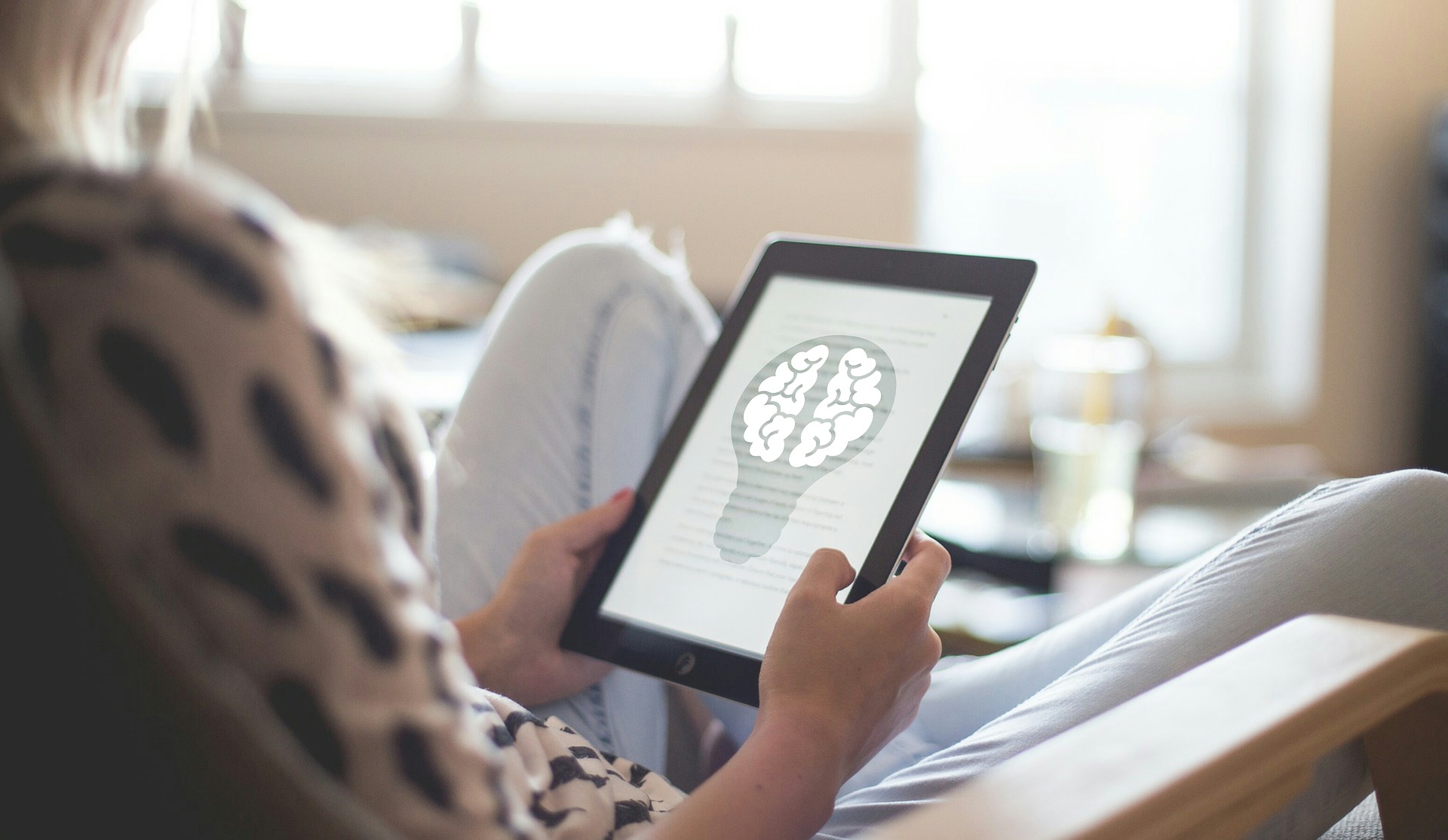Obviously, the brain is responsible for all of a human’s cognitive ability. The brain controls thinking, remembering, decision making, planning, problem-solving – there are so many processes performed by our fantastic brain every day. The level of function affects how well an individual can navigate their life and remain independent well into their golden years.
However, cognitive ability does change as we grow older. People may find that they have trouble remembering names or may have difficulty finding the right words when in conversation. Others may notice that they lose focus more easily or cannot multi-task like they used to. However, some changes, such as those associated with Alzheimer’s disease, are not considered a normal part of aging.
The Positive Aspects of Growing Older
As an individual age, changes take place in all parts of the body – including the brain.
Older people have more wisdom, insight, and knowledge. They can draw from many decades of experiences to prioritize important things, ignore unimportant things – and live a more fulfilling life. Also, growing older in no way means that life has to slow down. A healthy brain can still learn new things, make new memories, improve language ability and adopt new skills.
How Brain Cells Function
The healthy human brain is comprised of many diverse types of cells.
Neurons are nerve cells that process and disperse information throughout the brain. Neurons also send information from the brain to the organs and musculature of the body.
Interesting fact: The brain has a significant network of blood vessels. In fact, the brain represents 2 percent of the body’s weight but requires 20 percent of the body’s blood supply.
The capability of neurons to function correctly depends on these three essential processes:
- Communication: When signals are transmitted between neurons, an electrical charge is generated. This charge makes its way to the synapse, a tiny gap where neurotransmitters are released and travel to another neuron.
- Metabolism: All the reactions in the brain require oxygen and glucose, which are carried by the blood flowing through the brain.
- Repair, remodeling, and regeneration: Neurons can survive more than 100 years in humans. Therefore, they must constantly maintain themselves and repair any damage. Some areas of the brain can make new neurons.
What Can Take Place as You Age?
- As you age, regions of the brain can shrink, specifically those associated with learning and other complex cognitive activities.
- Communication between nerve cells may be reduced.
- Blood flow in the brain may slow down.
- Inflammation may increase, affecting response to illness and injury.
Some seniors find that their brain doesn’t work as well for complex memory or learning tests. However, this decline is assumed to be from not using the brain as often. There is mounting evidence that the brain remains adaptable and can take on new challenges and tasks over time.
Important to Note: Experts are not sure why some seniors retain sharp cognitive ability as they age and others do not. One potential reason is known as “cognitive reserve.” This is the brain’s capability to function well even when some aspect is disrupted. People with higher education appear to have more cognitive reserve than those who don’t.
If You Need Memory Care
Sadly, some people will experience enough of a decline in cognitive ability to require memory care. The good news is, there are compassionate and professional memory care facilities that can work with the family to provide a fulfilling and safe quality of life. A Banyan Residence in Venice invites you to call today to learn more about our facility and the services we provide to our residents.

